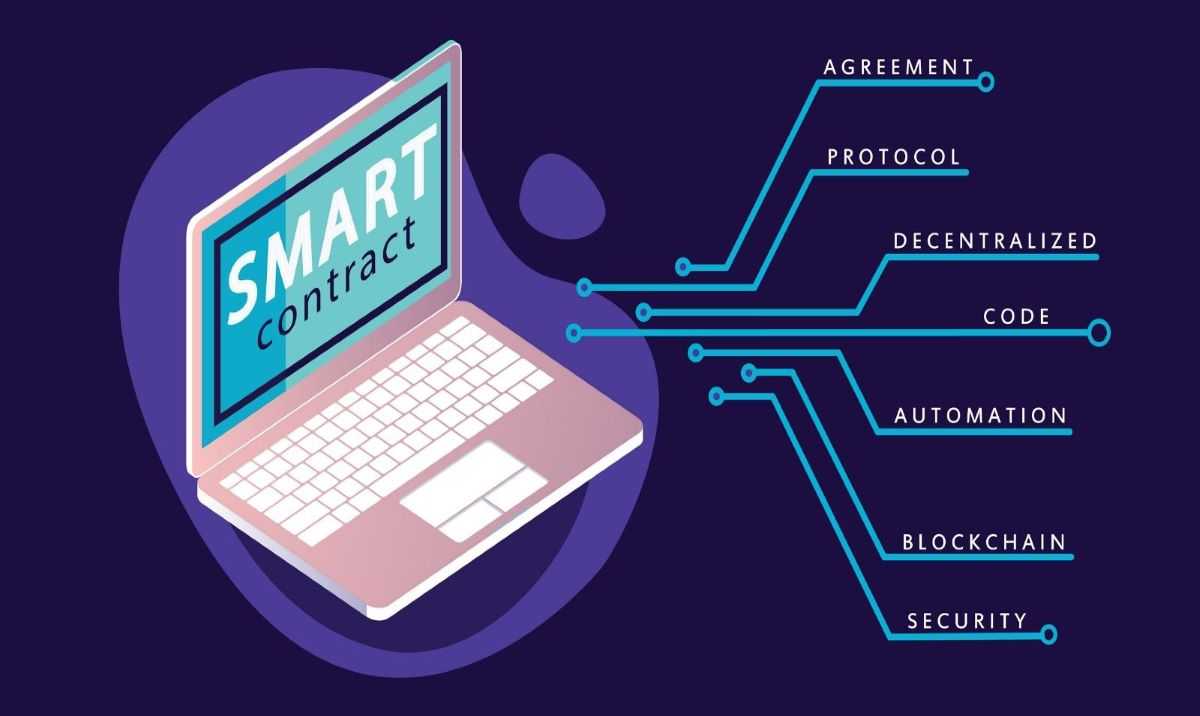

Finance
Smart Assets Definition
Published: January 30, 2024
Discover the meaning of smart assets in the world of finance. Learn how these strategic financial tools can optimize your investments and grow your wealth.
(Many of the links in this article redirect to a specific reviewed product. Your purchase of these products through affiliate links helps to generate commission for LiveWell, at no extra cost. Learn more)
Understanding Smart Assets Definition: How They Can Benefit Your Finances
Welcome to our FINANCE category, where we provide valuable insights to help you make informed decisions regarding your financial well-being. In today’s blog post, we will explore the concept of smart assets and their potential impact on your finances. We’ll define what smart assets are, discuss their benefits, and provide some practical examples to illustrate their importance. So, let’s dive in!
What are Smart Assets?
Smart assets are a type of digital or physical asset that leverage modern technology to enhance their functionality, value, or efficiency. Unlike traditional assets, which typically remain static and do not evolve over time, smart assets have embedded sensors, connectivity, or programmable features that enable them to collect and transmit data, automate processes, or interact with other assets or systems. Essentially, smart assets are traditional assets that have been enhanced with “intelligence”.
Key Takeaways:
- Smart assets are digital or physical assets that leverage technology to enhance their value or functionality.
- They are equipped with sensors, connectivity, or programmable features that allow for data collection, automation, or interaction.
Now that we have defined smart assets, let’s explore the various ways in which they can benefit your finances.
The Benefits of Smart Assets
1. Increased Efficiency: Smart assets can help streamline processes and improve efficiency across various financial activities. For example, smart meters in your home can provide real-time data on energy consumption, allowing you to identify potential cost-saving measures. In the realm of investing, automated trading algorithms can help optimize portfolio performance and reduce transactional costs.
2. Enhanced Monitoring and Security: Smart assets can provide better monitoring and security for your financial assets. For instance, smart home security systems can alert you and relevant authorities in case of unauthorized access, reducing the risk of theft or damage. In the financial industry, blockchain technology enables secure and transparent transactions, reducing the likelihood of fraud or tampering.
Other benefits of smart assets include improved asset maintenance, predictive analytics for better decision-making, and enhanced user experiences. The potential of smart assets is vast, and as technology continues to advance, their impact on financial management will only keep growing.
Examples of Smart Assets
Smart assets can be found in various domains, and here are a few illustrative examples:
- Smartphones: Our smartphones have evolved into powerful smart assets, with capabilities that go well beyond mere communication devices. They serve as portable banks, payment wallets, fitness trackers, and personal assistants, empowering us to manage our finances conveniently.
- Smart Homes: Connected homes equipped with smart appliances, thermostats, and security systems enhance energy efficiency, reduce utility bills, and provide a seamless living experience, all while adding value to the property.
- Smart Contracts: In the realm of finance and contracts, smart contracts leverage blockchain technology to automate and enforce agreements without the need for intermediaries, reducing costs and ensuring transparency.
These examples highlight just a glimpse of the vast applications of smart assets in our daily lives and financial management. It’s an exciting field to watch, as more innovative solutions continue to emerge.
In Conclusion
Smart assets, with their blend of traditional assets and modern technology, offer immense potential to impact your financial well-being positively. By harnessing their benefits, you can expect increased efficiency, better monitoring and security, and enhanced user experiences. Whether it’s through your smartphone, a connected home, or utilizing smart contracts in financial transactions, embracing smart assets can unlock new opportunities and optimize your financial management.
We hope this blog post has provided you with valuable insights into the world of smart assets and how they can benefit your finances. Stay tuned for more informative content in our FINANCE category. Happy managing!














